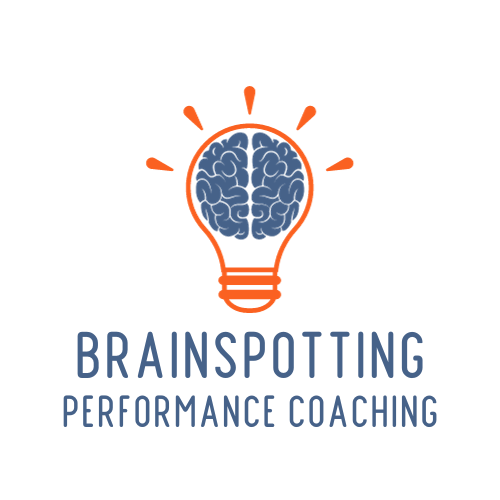
Empowering Emotional Resilience:
Overcoming Injury Setbacks
Feeling a loss of identity without your sport, your team or physical activity? Is recovery more emotional than you anticipated?
Athletes undergoing physical therapy often grapple with a range of emotional struggles that can impact your well-being and rehab journey. Frustration and impatience arise from not being physically active and the slow pace of recovery. Fear and anxiety about re-injury and uncertainties about your future in the sport add to emotional distress. The loss of identity and feelings of isolation can compound the emotional burden.
Overcoming injury is mentally challenging as it often entails confronting feelings of frustration, fear, and uncertainty about your physical capabilities. The impact of setbacks, coupled with the rehab process, can test your resilience and motivation to persevere through recovery.
I support those recovering from injuries by addressing the brain’s role in protecting the body from future injury, even if someone feels fully healed. By utilizing an innovative technique called Brainspotting we tap into both muscle and implicit memory to release old injuries and limiting beliefs, paving the way to perform at your best; calmly, with excitement and trust in your training and ability.
How do we undo adaptation to injury?
Our brain's alarm system goes into overdrive, heightening our sensitivity to pain and triggering emotional responses.
To undo this activation, we engage in focused attention and mindfulness to identify and process the trauma associated with the injury. By doing so, we activate the brain's innate capacity for healing and resilience.
Brainspotting helps access neural connections associated with the traumatic experience, allowing pathways to be activated and reorganized. This process, known as neuroplasticity, allows the brain to create new pathways and associations, diminishing the intensity of pain signals and reducing the hyperactivation of the brain's alarm system.
Through this process, we can gradually restore a sense of balance and well-being, allowing for smoother physical and mental recovery and improved emotional regulation.
What happens when we’re injured?
When we experience an injury, our brain and body enter a complex process of adaptation and response.



